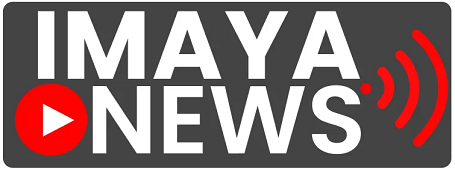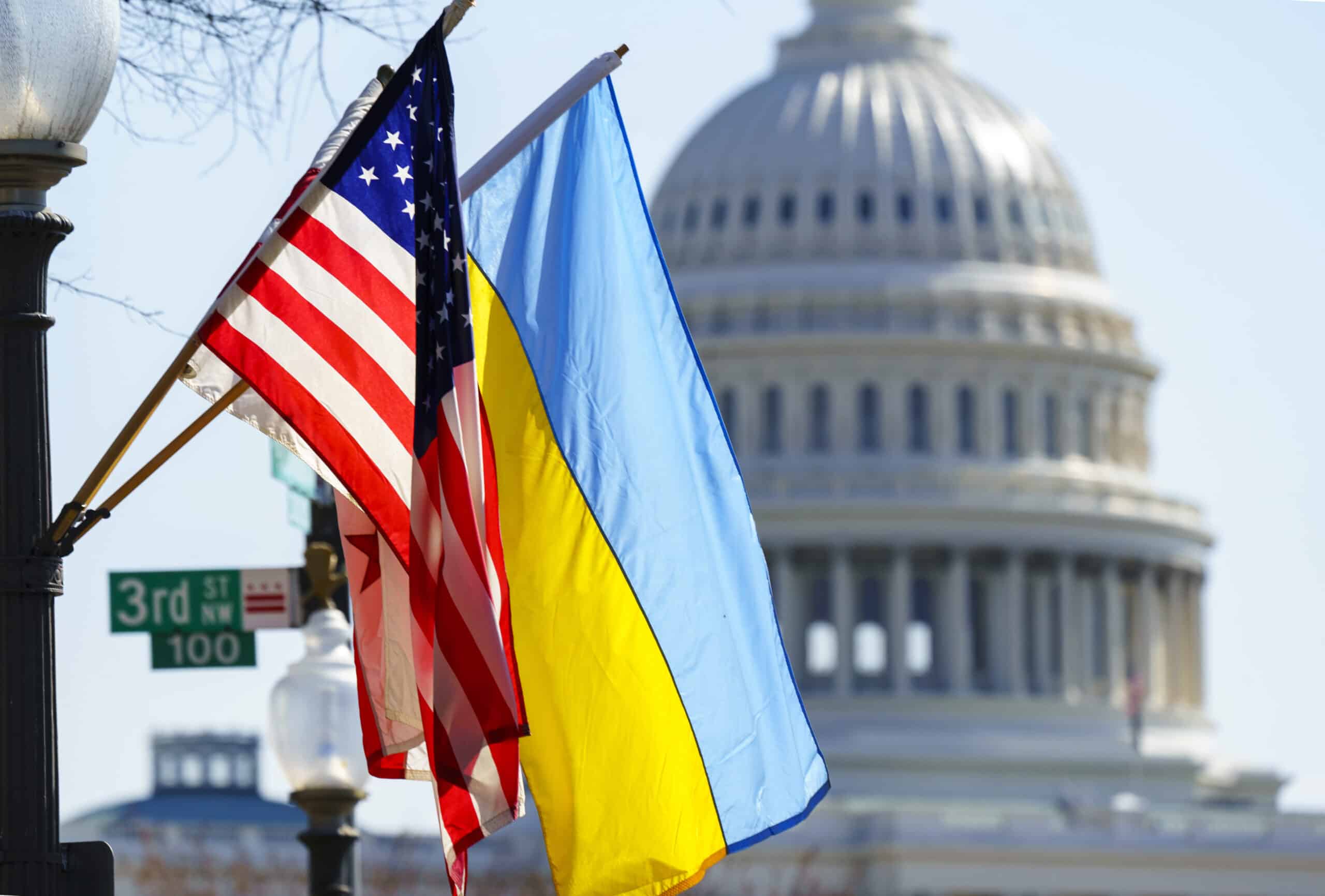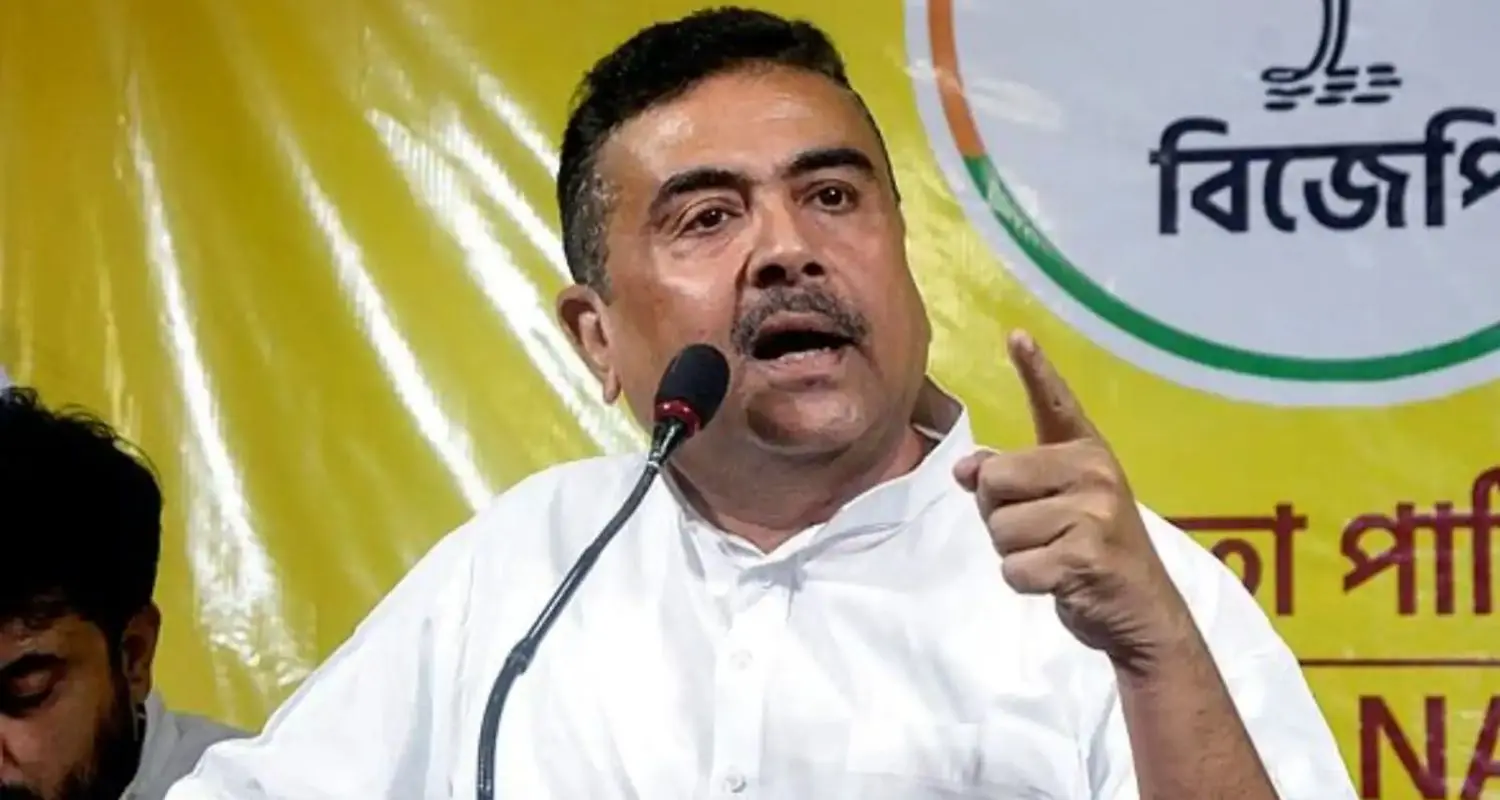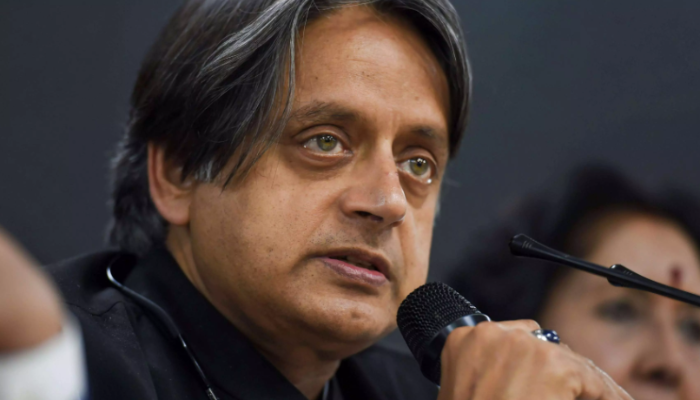GENEVA — U.S. and Ukrainian officials said Sunday they made meaningful progress in discussions over Washington’s proposed plan to end the Russia-Ukraine war, though both sides released few specifics as concerns continue to grow among European allies that the U.S. approach leans too far toward Moscow.
U.S. Secretary of State Marco Rubio described the Geneva talks as the most productive in “a very long time,” saying he remained optimistic:
“I feel very optimistic that we can get something done.”
Rubio did not elaborate on the details of the negotiations and downplayed the Thursday deadline set by President Donald Trump for Ukraine to respond to the plan. He said discussions could continue into next week and beyond if necessary, noting that some issues required higher-level political decisions.
A U.S. Plan That Raised Alarm in Europe
The 28-point American proposal has triggered unease in Kyiv and across Europe, with Ukrainian President Volodymyr Zelenskyy warning that his country faces a choice between defending its sovereignty and maintaining crucial U.S. support.
The plan reportedly concedes to several long-standing Russian demands, including surrendering significant Ukrainian territory — a condition Zelenskyy has repeatedly rejected.
However, a late-Sunday White House statement said the Ukrainian delegation confirmed that its major concerns — from security guarantees to economic and infrastructure protections — had been “thoroughly addressed.” Washington said the revised proposal now reflects Ukraine’s interests and provides enforceable long-term security mechanisms.
The White House’s reassurance followed reports that a bipartisan group of U.S. senators had been told Rubio described the proposal as originating with Russia and resembling a “wish list” for Moscow. Germany’s Chancellor Friedrich Merz also raised concerns, stressing to Trump that Ukraine’s sovereignty must remain intact.
Rubio: Proposal Is Still Evolving
Rubio called the peace blueprint a “living, breathing document,” emphasizing it would continue to evolve and that any final version would still have to be presented to Moscow.
Ukraine’s presidential chief of staff Andrii Yermak, who led the Ukrainian delegation, echoed the upbeat tone:
“We have made very good progress and are moving forward to a just and lasting peace.”
Their comments contrasted with Trump’s earlier declaration that Ukraine had shown “zero gratitude” for U.S. support, while avoiding criticism of Russia. Trump said the Thursday deadline could be extended if genuine progress continued.
Zelenskyy responded with a diplomatic message thanking the U.S. and European partners but stressing that Russia alone bears responsibility for the war.
“It is important not to forget the main goal — to stop Russia’s war and prevent it from ever igniting again,” he said.
Allies Push Back Against Territorial Concessions
Before the Geneva meeting, Ukrainian officials met with advisers from the U.K., France, and Germany. European allies have rejected territorial concessions as a pathway to peace.
France’s Defence Ministry delegate Alice Rufo said restrictions placed on the Ukrainian military in the original plan would undermine Ukrainian sovereignty.
“Ukraine must be able to defend itself,” she told France Info.
Zelenskyy later signaled that the U.S. was prepared to incorporate “a number of elements” essential to Ukraine’s national interests.
Confusion Over Rubio’s Reported Comments
The uproar over claims Rubio characterized the plan as Russian-authored continued Sunday. Some U.S. lawmakers insisted Rubio was their source, while the State Department dismissed the account as “blatantly false.”
Sen. Mark Warner, the top Democrat on the Senate Intelligence Committee, told ABC that the plan resembled “a series of Russian talking points” and had caused “ferocious pushback” from European leaders.
Polish Prime Minister Donald Tusk added that it remained unclear who originally drafted the proposal, saying it was important to know “who is the author of the plan and where it was created.”
Erdogan to Speak With Putin
In a separate diplomatic effort, Turkish President Recep Tayyip Erdogan announced he would speak with Russian President Vladimir Putin on Monday to discuss reviving the 2022 grain corridor agreement. The deal previously allowed Ukraine to export grain safely across the Black Sea before Russia withdrew from it last year.
Erdogan said he would urge Putin to reconsider the initiative, describing it as an essential step toward broader peace efforts. His intervention comes shortly after hosting Zelenskyy in Ankara.




